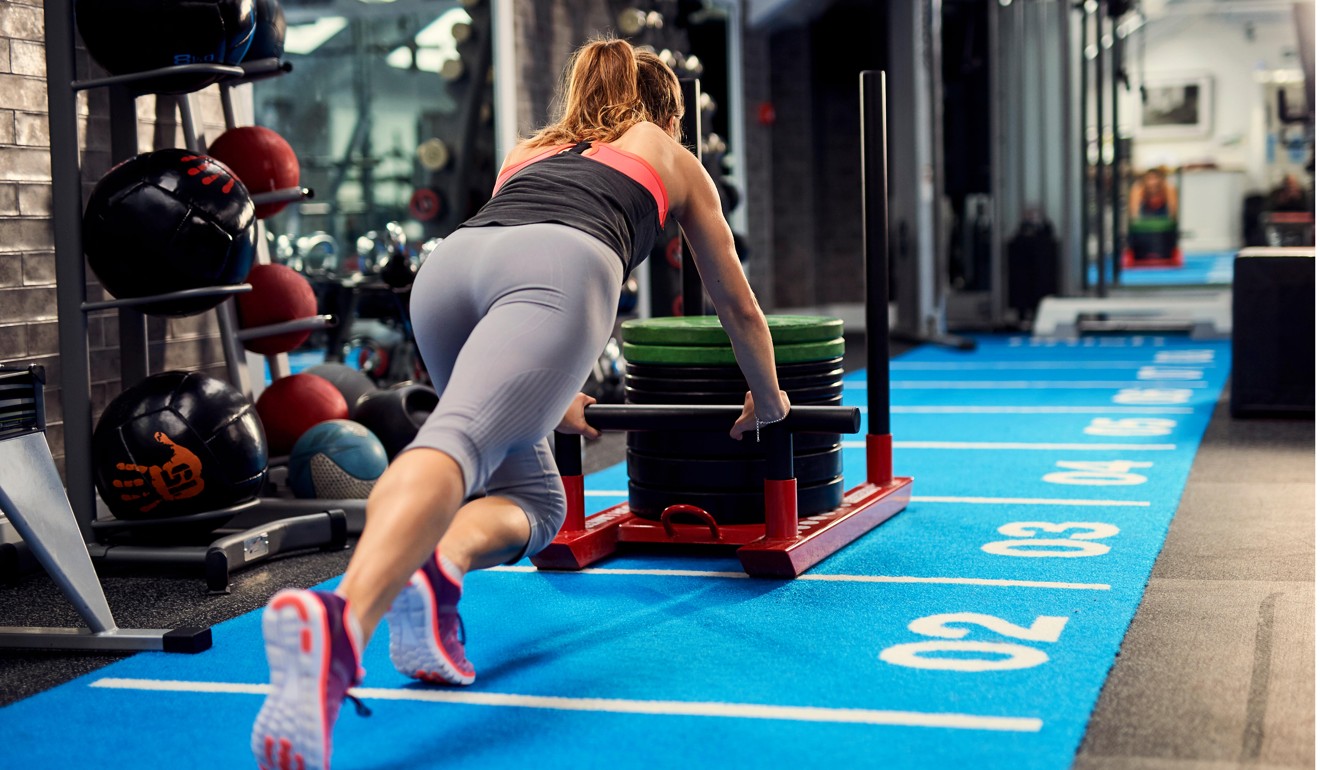
CrossFit Games drug bans for Emily Abbott and 13 other athletes are correct decision but still more transparency is needed
Fourteen top athletes receive multi-year suspensions for taking performance-enhancing substances, signalling the sport is going in the right direction
On Tuesday, CrossFit banned 14 athletes, some for as long as four years, including four times CrossFit Games athlete Emily Abbott.
If CrossFit’s aim is to see just how fit humans can get, some say, then let’s open every avenue available and see how far the athletes can push themselves. It is still an equal playing field if drugs are available to all.

But not all drugs are created equally. The most effective drug programmes are very expensive and, like Lance Armstrong and his cycling team, require the world’s best doctors.
So, it would turn into a sport where doctors compete to create freaks, rather than freakish athletes competing to push the limits.
So, to all those calling to lift the bans and let the athletes take what they want, I disagree. Banning 14 people is the right decision and sends the right message: this is about the fittest people on earth, not the fittest people who are able to afford the best doctors.
Not only would it ruin the sport, but it would also make it more exclusive than it already is. CrossFit gyms are expensive to join, and if low income gym goers want to compete, then the added burden of taking drugs to reach the top is another ring fence.
But while I agree with CrossFit’s zero tolerance policy, I do not like how they go about it.
Their policy espouses the commitment to a level playing field but has a few suspect lines that raise questions about its transparency.
“Sanctions will be imposed at the sole discretion of CrossFit based on the circumstances present in each case”, the policy says.
“CrossFit, at its sole discretion, will publicly announce violations of the CrossFit Games Drug Testing policy once the appeals process is over and a final decision has been reached. These announcements will include the athlete’s name, infraction and the sanction imposed.”
In total, “discretion” is mentioned seven times in the policy.
If the tests are there to keep the sports clean, should the policy not have a blanket rule about publicising results, or at least positive results, rather than leaving it to the organisers to pick and chose what they publicise?
The lengths of bans should be uniform to each drug, not to circumstance.
In a sport where the athletes are performing incredible physical feats, suspicions of drug use will always be raised. But it does not help if more questions can be asked about the randomness of the testing, bans and coverage.
Legitimate questions can arise: why would CrossFit want to be discrete? Is it to protect their brand if a high profile athlete is caught? Why is the process not more independent? Is it so they do not have to vigorously chase their most popular and profitable athletes?
The questions are not answerable, and that is the problem. It’s probable that CrossFit implements their tests equally and fairly and lets the world know when someone fails, but there is too much discretion evident to entirely qualm fears.
CrossFit should drop its discretionary lines from the policy, and even consider outsourcing the testing to a completely independent third party not beholden to the Games’ agenda, to promote trust between fans and the organisation.

